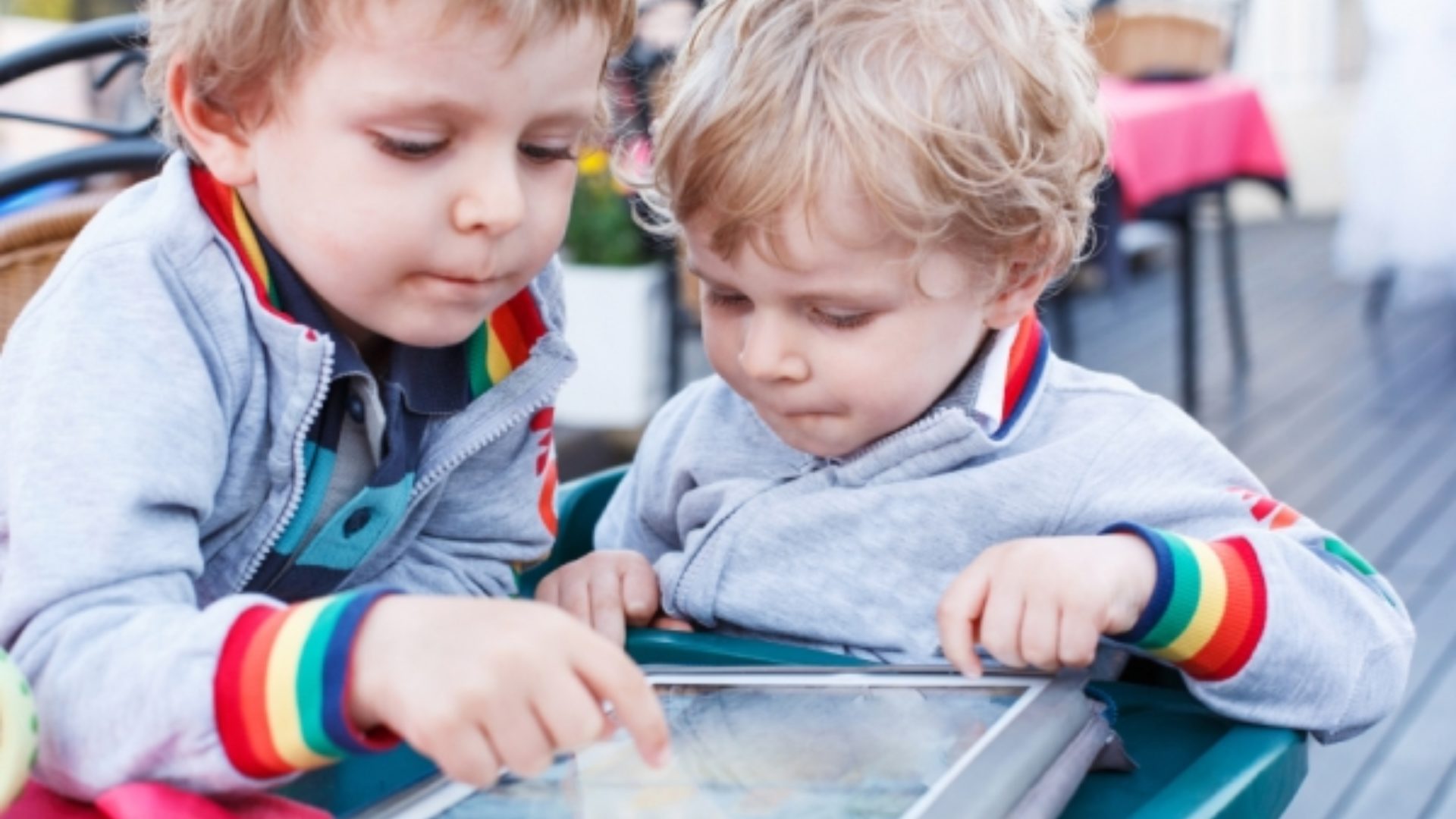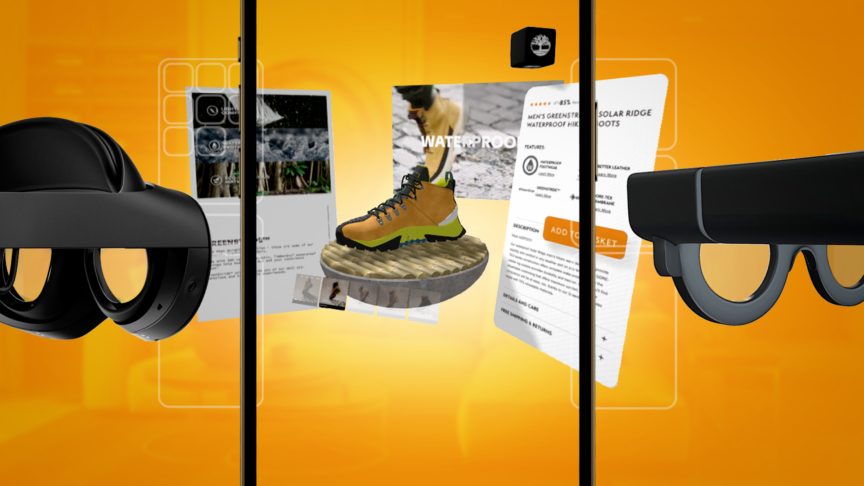An app-maker's dilemma: Are our children swiping through childhood?
March 25, 2015
An app-maker's dilemma: Are our children swiping through childhood?

How do you react when your toddler exhibits a passion for all things techie, but you’d rather he was out climbing trees, eating worms and discovering the world around him through all his senses rather than solely his little swiping finger? You take away the iPad. Simple.
Not so simple if you happen to be a tech entrepreneur and founder of a company encouraging people to learn more about the world by looking at it through a smartphone or tablet screen, as Jessica Butcher, co-founder and CMO of Blippar, has discovered.
Writing in the Financial Times, Butcher, below, explains the quandary she has found herself in balancing a desire for son William, 18 months, to use his imagination as he navigates childhood with the fact that she’s telling the rest of the world to do the opposite.

She says: ‘My business is built around the idea that people should use their phones more, not less. We have built a mobile app platform that harnesses image-recognition technology to enable us to look at anything in the physical world through it and instantly unlock it with valuable, entertaining information. We aspire to a vision of the future where a phone screen or wearable technology is placed between us and the physical world.
‘This vision is a contradiction to someone who was brought up to appreciate the beauty of the natural world, take mental snapshots rather than filtered Instagram versions; smell the rain and appreciate the birdsong; physically spend time with people I love.’
But, says Butcher, the two extremes aren’t necessarily mutually exclusive, with mobiles now offering new, valuable, educational and inspirational ways of engaging with both each other and the world. Mobile devices even, she says, have the ability to enhance our understanding and appreciation of the physical world around us.

‘Apps can listen with us, identifying birdsong or golden oldies, interpreting sound waves into information. We touch our phones to pads and pay for things instantly or receive relevant content experiences based on our proximity.
'But of all the senses, sight is perhaps the most powerful, now turbocharged by visual recognition technology. We can look at a piece of art and instantly bring it to life with the story of its creation; at historical ruins or artefacts, recreating what they looked like in their heyday; at a school text book, tapping to peel away interactive layers of anatomy or to listen to native French dialogue.’
Blippar new visual browser will, she hopes, put ‘supersonic power’ in the hands of her children, enabling them to appreciate the physical world more than they ever would be able to traditionally - even if it is through the mobile device clutched (forever) in their little palms.
Click here to read the full article in the Financial Times (paywall).

